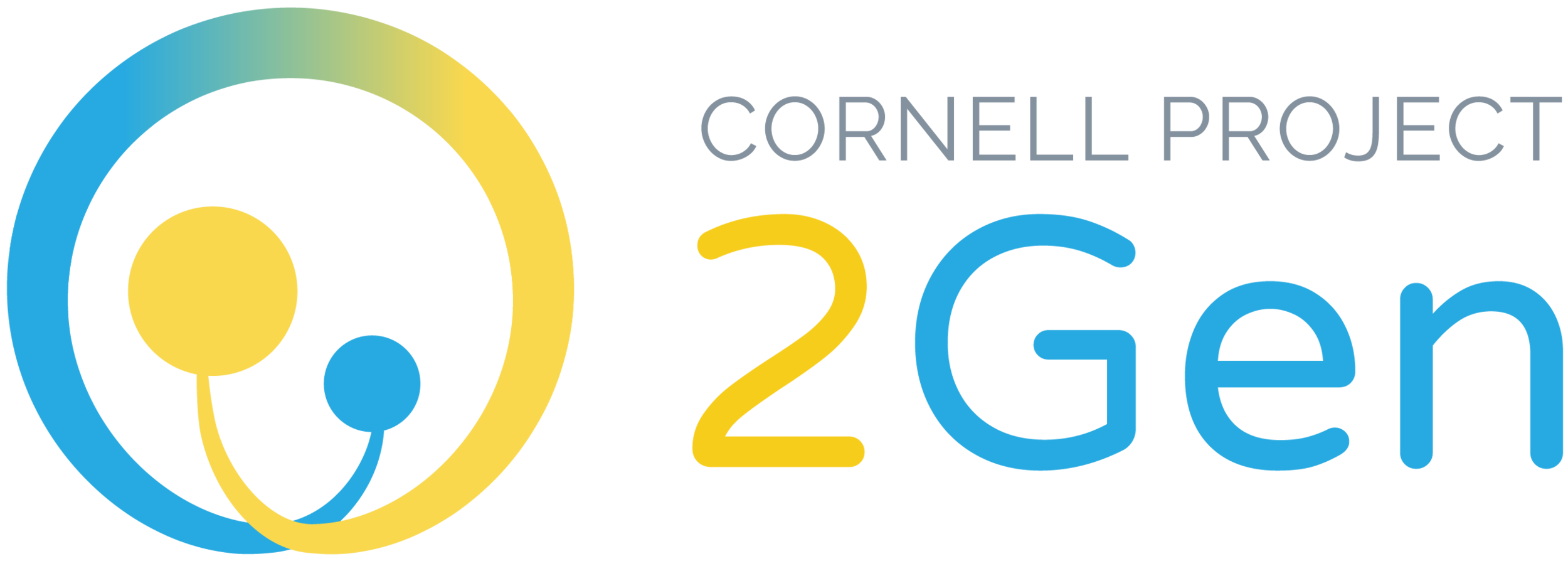Children of undocumented immigrants experience severe disadvantages that impact future success and contributions to social and economic change. Schools can promote well-being by providing safe environments for child and parental engagement.
Read MoreProject 2Gen co-directors Rachel Dunifon and Laura Tach organized the conference, “An Equal Start: Policy and Practice to Promote Equality of Opportunity for Children.”
Read MoreThis report presents findings from seven sessions of the Strengthening Families Program conducted from 2014-2018 by Cornell Cooperative Extension-Tompkins County (CCETC) for parents with open child welfare cases participating in Family Treatment Court.
Read MoreA two-generation (2Gen) framework emphasizes the importance of considering the whole family when discussing prevention and treatment of opioid addiction.
Read MoreLisa McCabe, John Sipple, and Hope Castro examine childcare deserts and the unintended consequences of Universal Pre-K.
Read MoreGaps in educational outcomes between racial/ethnic and socioeconomic groups persist in the United States, and parental involvement is often cited as an important avenue for improving outcomes among racially/ethnically diverse adolescents.
Read MoreWe celebrated the launch of Cornell Project 2Gen with an inaugural panel discussion among noted scholars, practitioners, and policymakers.
Read MoreKathryn Edin, H. Luke Shaefer, and Laura Tach propose a radical idea: America’s anti-poverty policy should serve to incorporate, rather than separate, the poor from the rest of society.
Read MoreThe Earned Income Tax Credit (EITC) offers a way to support lower-income families without generating stigma.
Read MoreThese findings suggest that although children in grandfamilies may be at a disadvantage academically and socioemotionally, grandparent caregivers are in many ways similar to other fragile-family mothers.
Read MoreThe Earned Income Tax Credit (EITC) offers tangible and emotional benefits for lower-income Americans.
Read MoreIt’s Not Like I’m Poor examines the costs and benefits of the new work-based safety net, suggesting ways to augment its strengths so that more of the working poor can realize the promise of a middle-class life.
Read More











